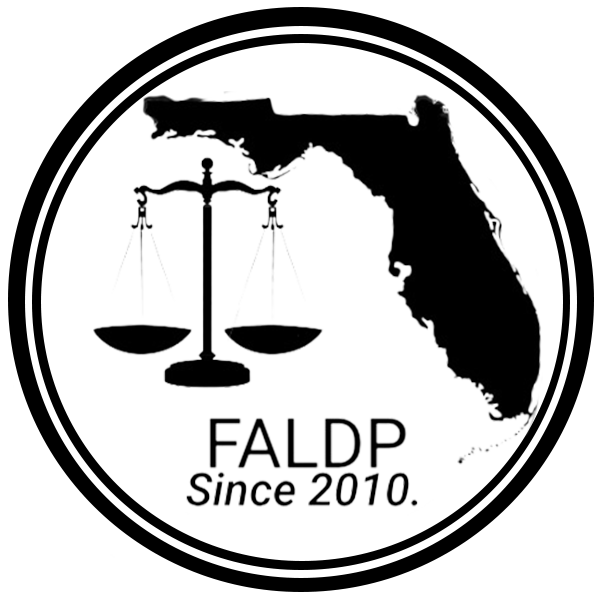800-515-0496
Pro Se Survey
Legal Access

In 2012 we offered the first in our pro se survey series. The information we request on this survey build off of the first one, and hopefully make up for some of the information gaps. We ask for your name and address, but you are not required to provide that information to complete the survey. Providing your personal information is completely voluntary. Thank you to all of you who contributed. If you are a pro se litigant, please complete our survey. If you do not want to be contacted after completing it, we won't contact you - ever. This is in no way a ploy to collect your information. We really want the data; and you can remain completely anonymous.
Findings from 2012 survey:
According to our survey, pro se litigants are most likely to be males between the ages of 50 and 65. I found the age and gender somewhat surprising, as I would have guessed at mostly women as pro se litigants; and mostly younger people in general as the most likely to proceed pro se. Not surprisingly, 70% of respondents are representing themselves and 73% initiated their court case. The fact that the respondents selected themselves explains these numbers, these pro active pro se litigants are also the most likely to visit our site in the first place.
In answer to: “Why are you representing yourself”? Eighty percent chose – cannot afford an attorney. The other 20% was equally divided between consumers who could afford an attorney, but chose not to; and consumers who believed their legal matter was simple enough to do it themselves.
In answer to: “Did you do any of the following before deciding to represent yourself”? -
Twenty-six percent chose “research online”. Only 6% asked at the Pro Se Help Desk at the courthouse; another 5% called or visited a legal aid center; and another 4% called the Florida Bar referral line. Those three things are supposed to be consumers first (and sometimes only) choice for legal assistance other than hiring an attorney. But as we can see, consumers are seeking help and information from google before going to the government. Could it be that consumers are so accustomed to getting nowhere and receiving no help that they automatically try the do it yourself way first? Is it because Americans, by nature, are independent and prefer to do it themselves?
In more answers to that same question, another 11% visited a law library; 10% consulted with an attorney; and 12% asked the clerk of court. “Other” was chosen 16% of the time, and unfortunately we do not know what other means. And can't imagine.
In answering the related question: “What did you find most helpful in deciding to represent yourself”? Fifty percent chose “educating myself online”.
Regarding the most difficult part of self representation, 30% chose “understanding procedures and rules; and 20% chose “finding someone to answer a question about legal procedure”. Most consumers believe that it is the clerk of court's job to answer questions about legal procedure. Unfortunately for most consumers many clerks of court disagree. Finding legal information and understanding legal information accounted for an additional 30% of responses combined. And that pesky “other” accounted for 17%. And again, we apologize for not knowing what “other” means.
Seventeen percent of survey respondents chose either a judge or a clerk of court to be the most helpful to them as a pro se litigant. However, 43% chose “other” as the most helpful to them as a pro se. We hope that in this case, “other” means legal document preparer, but we can't be sure. We also found that survey respondents were just about evenly split as to whether or not they were using a legal document preparer.
What is the most difficult part of representing yourself?
Comments:
The favoritism and inequitable access to the Court enjoyed by opposing counsel. Also, the extreme prejudice most judges and court personnel exhibit against self-litigants.
The prejudice against pro se litigants by the judiciary in Florida.
Getting the judges, general magistrates, and court personnel in general to recognize I have the right to represent myself. And the biggest problem that I face is scheduling hearings with the court, basically because the other side has an attorney. The court system does not handle pro se cases very will when an attorney is involved. This is especially true for Duval County, Fl.
I use a prepaid legal service and a para legal and I look at other case history to understand how to make the presentation. Attorneys are expensive and take too much time. sourcing the case history takes time and knowledge. I have to know the rules and how to proceed to get to the judge and be prepared and specific with facts. understanding what are facts and what is considered hearsay. Many attorneys I found are handling many cases and are very spread thin. That means lack of quality because of quantity.
JUDGES. AND LAWYERS WHO LIKE FULL BLOWN CIVPRO OVER SMALL CLAIMS RULES. THEY'RE NEUROLOGISTS IN A GP WORLD.
The comments are verbatim from the survey.
Copyright 2010-2025 ~ All rights reserved.
